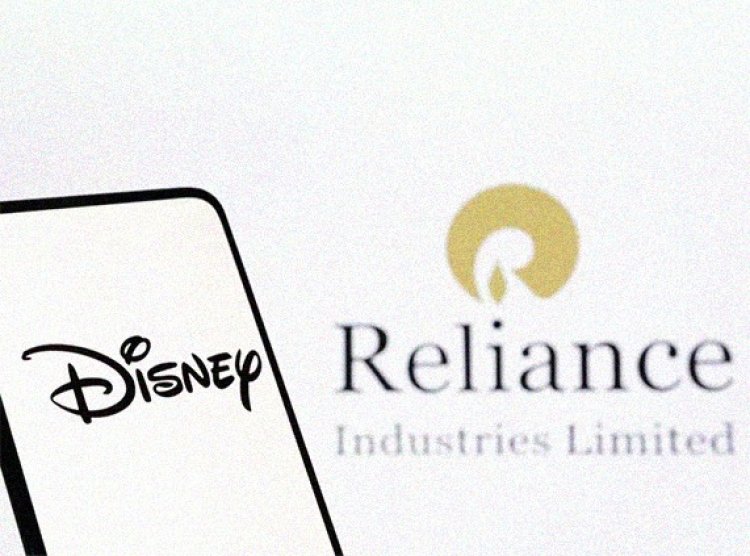Can Reliance-Disney India merger conclude within two months realistically?
Legal experts foresee challenges finalizing the Reliance-Disney merger in 2 months, citing complexities with approvals, due diligence, and regulatory processes

Anticipation surges as Reliance and Disney India's monumental merger, poised to transform the media and entertainment realm, inches closer. Speculations rise on whether this colossal amalgamation can swiftly materialize by February 2024, raising eyebrows due to the typical extended durations for such mergers to materialize.
Amid this, the Zee-Sony mega merger grapples with legal complexities and leadership uncertainties, its destiny hanging in balance. The eyes of industry observers eagerly await how quickly Mukesh Ambani's Reliance will assimilate Walt Disney’s Indian arm.
The alliance recently inked a non-binding pact, foreseeing Reliance's majority stake of 51% and Disney's share of 49%. Rumors swirl around a combined investment of approximately $1.5 billion, granting Ambani's conglomerate command over Star India's channel distribution.
Insiders hint at imminent valuation and due diligence processes, aiming to secure regulatory green lights by February 2024.
Duration of Media Mergers and Regulatory Hurdles
Legal experts outline a broad spectrum for finalizing such media mergers, citing regulatory scrutiny and statutory procedures as pivotal factors. While Companies Act mandates an average six-month duration, the entire process could stretch from eight months to a year or longer.
Navigating regulatory landscapes involves obtaining approvals from tax authorities, Companies Act norms, Competition Commission of India (CCI), and endorsement by the National Company Law Tribunal.
Understanding Non-Binding Agreements and Regulatory Approvals
Non-binding agreements act as initial blueprints, kickstarting due diligence and preconditions. Legal experts emphasize the agreement's non-obligatory nature, highlighting its role in outlining deal specifics amidst uncertainties.
Regulatory approvals, including those from tax departments, Companies Act, CCI, and NCLT, form the bedrock for mergers, often differing based on industry, acquisition nature, and listing status.
Feasibility and Ongoing Challenges
Industry consensus doubts the merger's two-month completion due to its non-binding agreement status. Legal intricacies, approval procurement, and due diligence complexities challenge this ambitious timeline, leaving the prospect of such rapid closure in doubt.
Questions linger about the merged entity's impact on the TV/OTT landscape, posing as a substantial competitor to Netflix, Amazon, and potentially the Zee-Sony entity if their merger materializes.

 Sumit Rawat
Sumit Rawat 










